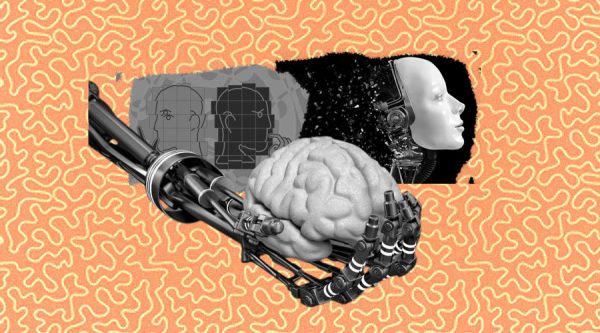AI is already powering search engines, online translators, virtual assistants, and numerous marketing and sales decisions
Artificial Intelligence (AI) essentially means developing machines with the ability to think strategically and act for them. AI is the simulation of human intelligence processes by machines, especially computer systems. Specific applications of AI include expert systems, natural language processing, speech recognition, and machine vision. They can learn from prior data or experience which helps them generate predictions to execute future tasks and actions. This does not bottleneck their capabilities and it is possible for machines to surpass human intelligence. Humans learn through memory while machines learn through data. Although the human brain does possess a unique capacity and we can memorize or recall facts and data, for large data or time-span it is not so reliable. It is possible to develop a machine through AI and machine learning with a larger memory capacity so that it can accumulate more data, which can provide us with reliable information and correct data even for longer time spans.
AI experts agree that we’re still in the early days of teaching systems to deeply reason, with a few examples of progress in narrow applications such as self-driving cars and select professions. Much work remains to reach a level of efficiency that allows for scaling reasoning capabilities across a broader swath of applications. There has been a 14x increase in the number of active AI startups since 2000. Thanks to recent advances in deep learning, AI is already powering search engines, online translators, virtual assistants, and numerous marketing and sales decisions.
Key trends that shaping the future of AI and Machine Learning
Artificial Intelligence and machine learning systems so far rely on increased computing power, availability of more data, better algorithms, and better tools for improvement. Though it is hard to put these against a timeline, all these areas are in the need of dramatic improvements. In addition, thanks to cryptography and blockchain, it is becoming easier to use the wisdom of the crowd to build Artificial Intelligence solutions which will also facilitate AI model building.
Advances in computing power
Advances in computational power and numerical optimization routines have enabled the possibility of applying rigorous simulation and optimization techniques to large-scale problems such as those associated with the design, optimization, and control of integrated chemical processes and energy systems. Increasing computing power has become available through the use of GPUs for machine learning. These were initially designed to carry out millions of calculations in parallel to meet the demand for fast-moving graphics in video games.
AI-enabled chips
While typically GPUs are better than CPUs when it comes to AI processing, they’re not perfect. The industry needs specialized processors to enable the efficient processing of AI applications, modeling, and inference. As a result, chip designers are now working to create processing units optimized for executing these algorithms. These come under many names, such as NPU, TPU, DPU, SPU, etc., but a catchall term can be the AI processing unit (AI PU). New AI technologies will require these chips to solve complicated tasks and perform them faster. Companies like Facebook, Amazon, and Google are increasing their investments in AI-enabled chips. Industries like healthcare and automobile heavily rely on these chips for delivering intelligence. We have prepared a comprehensive, sortable list of companies working on AI chips.
Quantum computing
Quantum computers harness the unique behavior of quantum physics—such as superposition, entanglement, and quantum interference—and apply it to computing. This introduces new concepts to traditional programming methods. The quantum computer gains much of its processing power through the ability for bits to be in multiple states at one time. They can perform tasks using a combination of 1’s, 0’s, and both a 1 and 0 simultaneously. Current research centers in quantum computing include MIT, IBM, Oxford University, and the Los Alamos National Laboratory. IBM states that it will be possible to build a quantum computer with 50-100 qubits in the next ten years. When you consider that the 50-qubit quantum computer works faster than today’s best 500 supercomputers, there is significant potential for quantum computing to provide additional computing power.
Source: analyticsinsight.net









